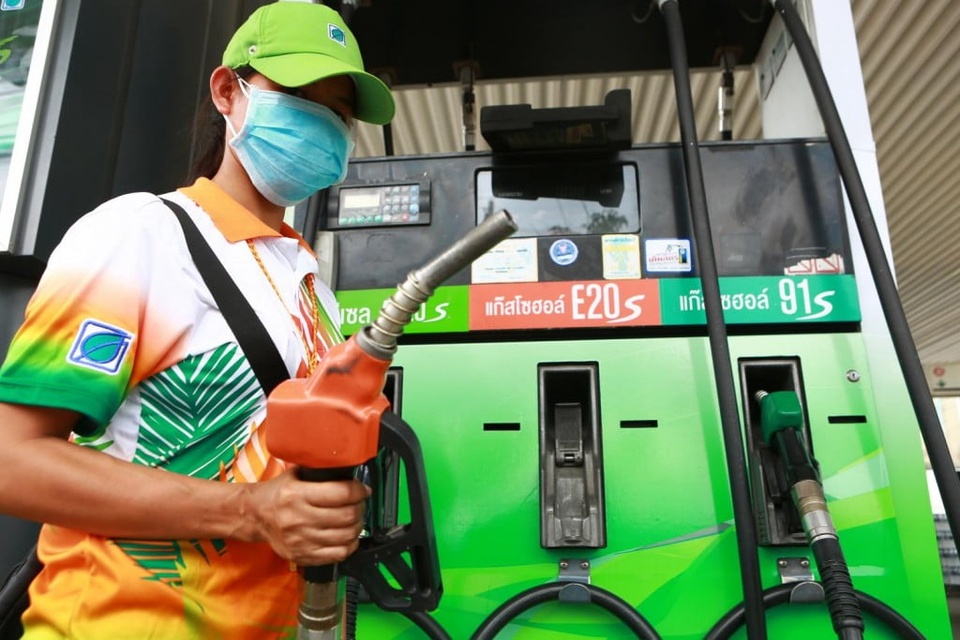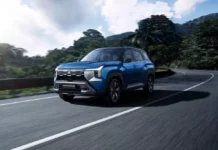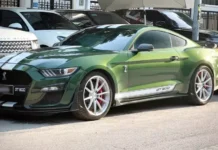
|
Ethanol-blended gasoline, introduced in India in 2005 with a 5% ethanol mix, has now evolved into E20, containing 20% ethanol. Initially, this shift raised concerns about potential engine damage due to the higher alcohol concentration.
According to Cartoq, ethanol’s hygroscopic nature makes E20 more prone to absorbing moisture than regular gasoline. In India’s humid climate, this increases the risk of phase separation in fuel tanks, where water settles at the bottom, ethanol in the middle, and gasoline at the top.
If the fuel pump draws water, it can lead to rust, engine stalls, and damaged fuel injectors. However, these issues primarily affect older vehicles with engines not designed for ethanol-blended fuel, causing initial public apprehension.
Countries like Brazil have successfully addressed these challenges by gradually increasing ethanol blends at gas stations, allowing consumers to adapt. Brazil also promotes “flex-fuel” vehicles with robust fuel systems and adaptive engine software.
India’s Ministry of Petroleum and Natural Gas has confirmed no scientifically verified cases of E20-related engine damage. Internal tests show minimal fuel efficiency loss in compatible vehicles and slightly more in older models, manageable with regular maintenance.
|
|
|
In some countries, ethanol blends have reached 80-100% for flex-fuel vehicles. Photo: Orfonline. |
To ease the transition, India is implementing phased adoption strategies. Urban areas with newer vehicles will adopt E20 first, while rural regions will offer both E10 and E20 during the transition. Partnerships with manufacturers provide incentives for upgrading to E20-compatible vehicles.
Brazil’s success includes pricing adjustments to encourage ethanol fuel adoption. Overall, ethanol blending reduces emissions, cuts oil imports, and supports farmers by creating demand for bio-based feedstocks.
Great Reads for Your Journey
Our Automotive section offers captivating books for every traveler. Whether you’re on a long drive or taking a break, these reads make the perfect companion for relaxing moments on the road.
The Great Kia Engine Fiasco: Over 137,000 Cars Affected in the US, Including Popular Models in Vietnam
Kia is recalling over 137,000 Soul and Seltos vehicles in the US due to engine issues, with potential fire risks. This is a significant move by the automaker, as these two models are extremely popular among American drivers. The recall affects certain 2020-2022 Kia Soul vehicles and 2021-2022 Kia Seltos vehicles, with the company urging owners to bring their cars in for inspection and repairs as soon as possible.











































